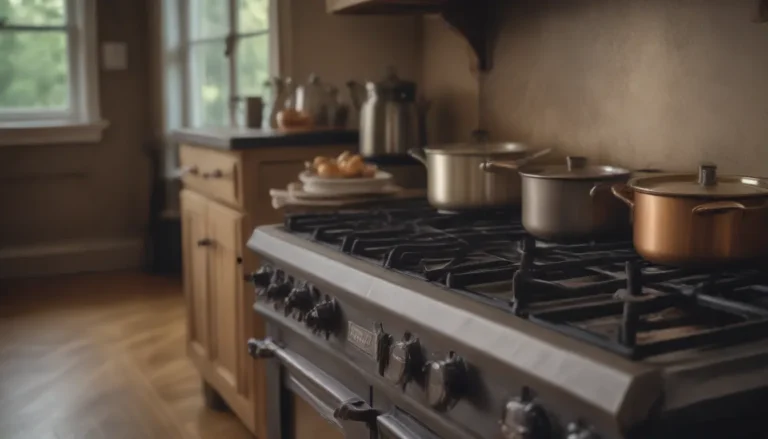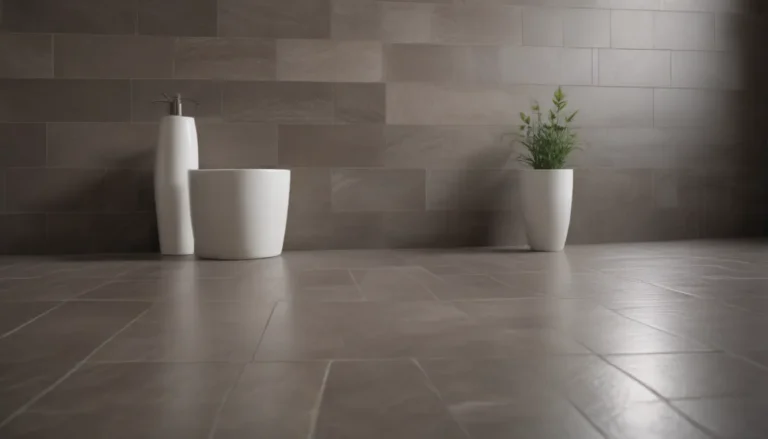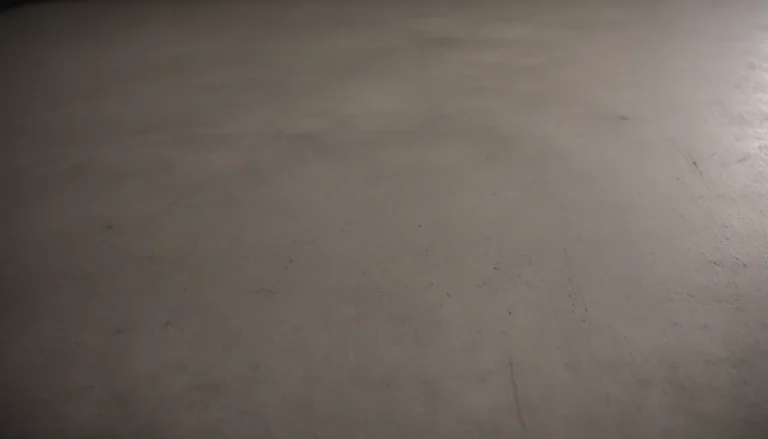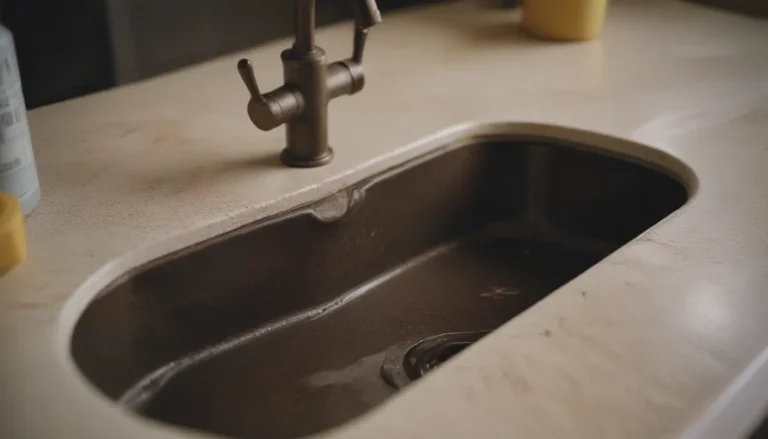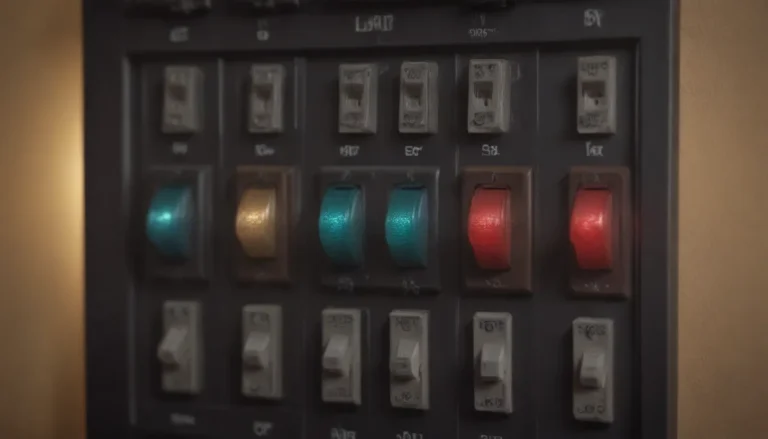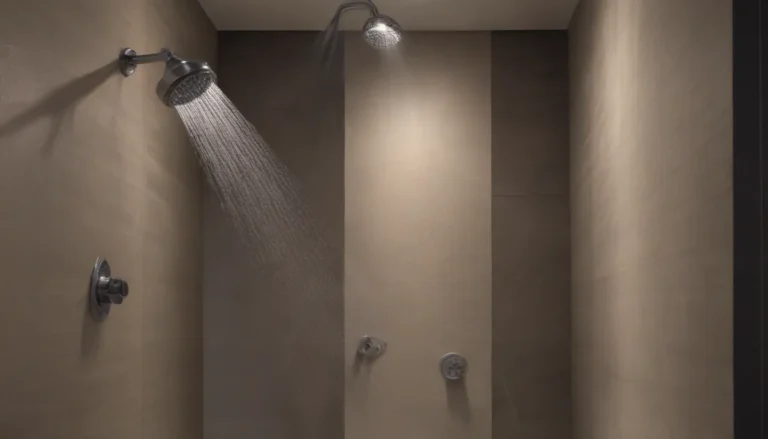Everything You Need to Know About Drywall Screws
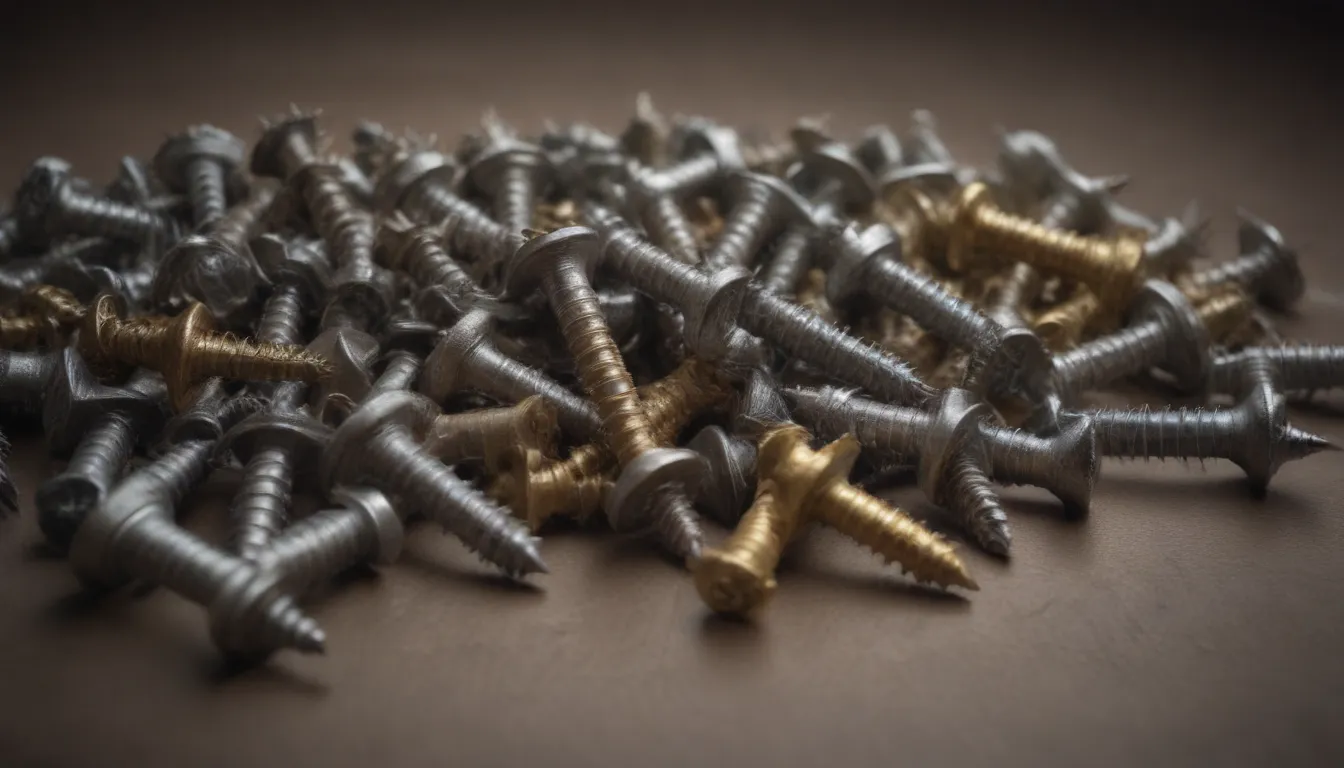
If you’re tackling a home improvement project that involves hanging drywall, you’ll need to familiarize yourself with drywall screws. These handy fasteners are essential for securing drywall to walls or ceilings, providing a strong hold and easy installation. While nails can also be used for this purpose, drywall screws are often preferred for their durability and tacking power. In this comprehensive guide, we will cover everything you need to know about drywall screws before you make a purchase.
How Long Should Your Drywall Screw Be?
The length of the drywall screw you choose will depend on the thickness of the drywall you are working with. Here’s a quick guide to choosing the right length:
- 1/2-inch drywall: Use screws that are appropriate for this thinner drywall.
- 5/8-inch drywall: Opt for longer screws that are suitable for this thicker material.
- 1/4-inch drywall: Select screws that are designed specifically for this ultra-thin drywall.
When choosing the length of your drywall screws, always make sure they are long enough to securely fasten the drywall to the studs or joists behind it.
What Type of Drywall Screw Thread Should You Use?
The type of thread on the drywall screw is crucial for ensuring a secure attachment. Here are the two main types of thread to consider:
- Coarse-thread drywall screws: Ideal for attaching drywall to wood studs, these screws provide a strong grip in wood.
- Fine-thread drywall screws: These screws are designed for screwing drywall into metal studs, offering excellent holding power in metal surfaces.
Selecting the right thread type will ensure that your drywall is securely fastened without the risk of it coming loose over time.
Which Drywall Screw Gauge is Best for Your Project?
The gauge of a drywall screw refers to its diameter, with higher gauge numbers indicating a thicker screw. Here’s how to choose the right gauge for your project:
- #6 gauge: Suitable for attaching drywall to studs in good condition.
- #8 gauge: Use this thicker screw when driving into older wood or when extra gripping power is needed.
Choosing the correct gauge ensures that the screw is strong enough to hold the drywall in place without compromising its integrity.
Pro Tip:
- When shopping for drywall screws, look for the gauge number listed on the product label. For example, a screw with a length of 1-5/8 inches and a #6 gauge would be labeled as “1-5/8 inch x 6”.
Drywall Screws vs. Drywall Nails: Which is Better?
While drywall screws are the preferred choice for many professionals, drywall nails are still commonly used for their speed and ease of installation. Here’s a comparison of the two fasteners:
-
Drywall screws: Provide a stronger hold but can be more time-consuming to install, especially when driving them manually. They also require precision to avoid damaging the drywall surface.
-
Drywall nails: Faster to install and create smooth divots that can be easily filled with drywall compound. They are a good option for projects where speed is a priority.
In some cases, a combination of screws and nails may be used to ensure a secure attachment, especially when dealing with nail pops or stubborn areas that require extra reinforcement.
Pro Tip:
- If you encounter a nail pop in your drywall, simply drive a couple of drywall screws on either side of the nail to fix the issue and prevent further damage.
Choosing the Right Type of Drywall Screw for Your Project
Depending on the surface you are working with, whether it’s walls, wood studs, metal studs, or ceilings, there are specific types of drywall screws designed for each application:
- Walls, Wood Studs: Select screws that are suitable for attaching drywall to wood studs, ensuring a sturdy hold.
- Walls, Metal Studs: Opt for screws that are designed to secure drywall to metal studs, providing a secure attachment on metal surfaces.
- Ceilings: Choose screws that are suitable for overhead applications, providing a strong hold without risking the drywall coming loose.
By selecting the right type of drywall screw for your specific project requirements, you can ensure a successful installation with a secure and durable finish.
Features of Drywall Screws to Look For
When shopping for drywall screws, consider the following features to ensure you are selecting the best option for your project:
- Bugle head: Provides a flush finish with the drywall surface, preventing any protrusions that may affect the final appearance.
- Sharp point: Allows for easy penetration into the drywall and studs, making installation quick and efficient.
- Drill-driver compatibility: Ensure the screws are compatible with your drill or driver for seamless installation.
- Coatings: Look for screws with corrosion-resistant coatings that protect against rust and ensure long-lasting durability.
By considering these features, you can choose drywall screws that are well-suited to your project requirements and provide a secure and professional finish.
In conclusion,…
By following these guidelines and tips, you can confidently select and install drywall screws for your next home improvement project with ease and efficiency. Whether you are tackling a small repair or a large renovation, choosing the right drywall screws will ensure a secure and long-lasting finish that enhances the beauty and functionality of your space.
Remember, when it comes to hanging drywall, the right screws can make all the difference in the final result. With the proper knowledge and tools at your disposal, you can achieve professional-looking results that will stand the test of time. Happy renovating!
